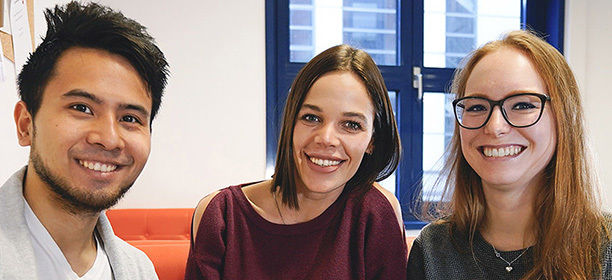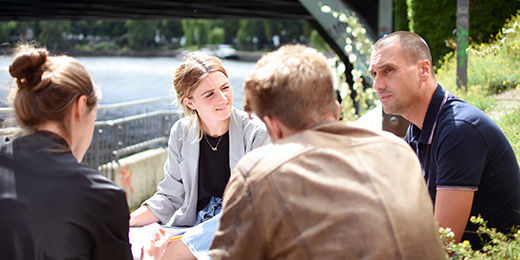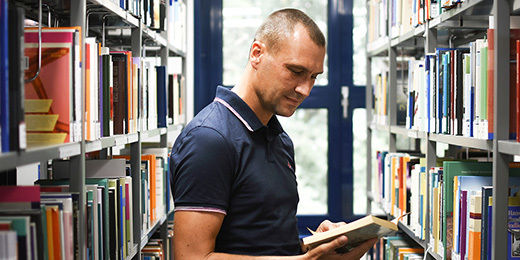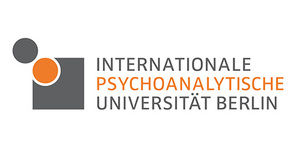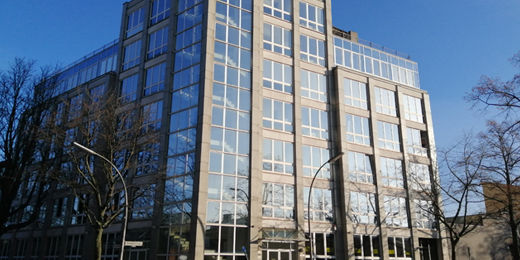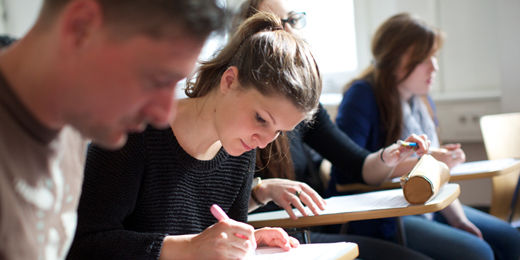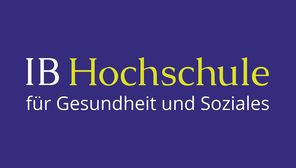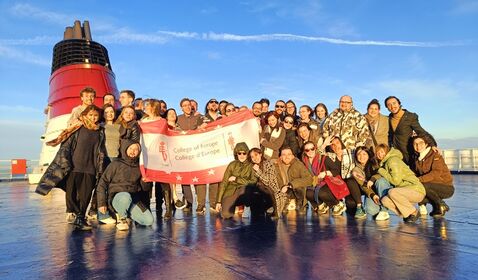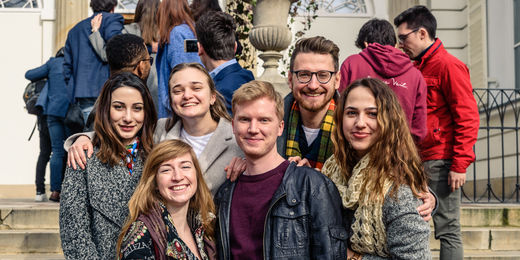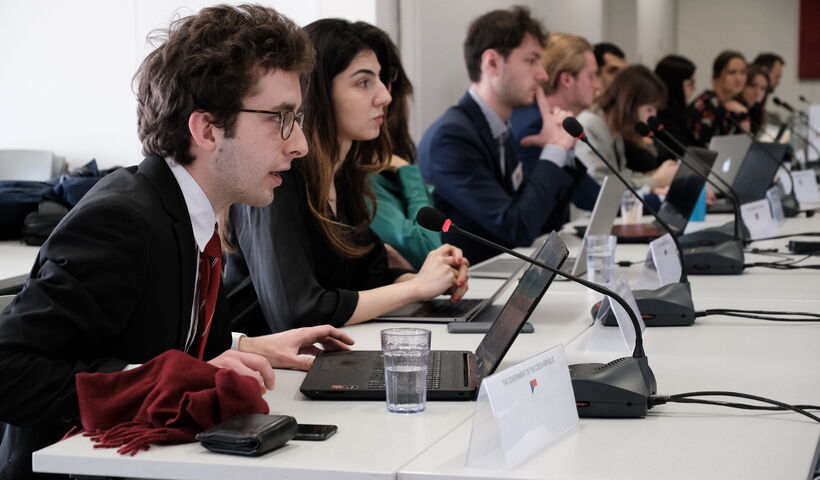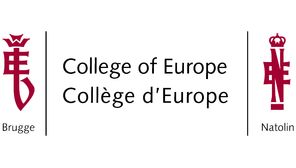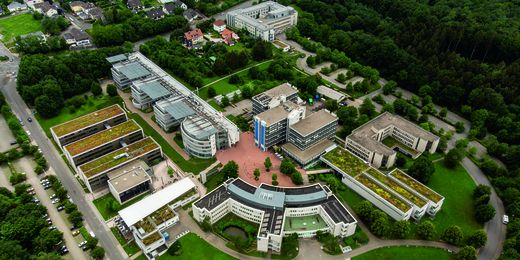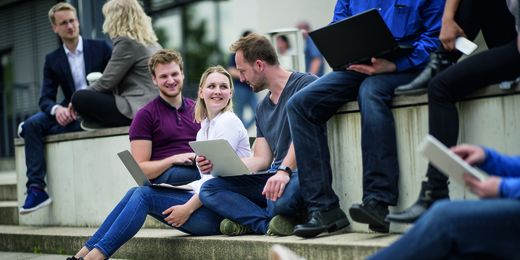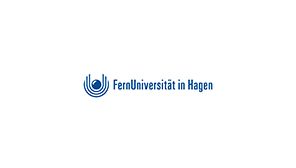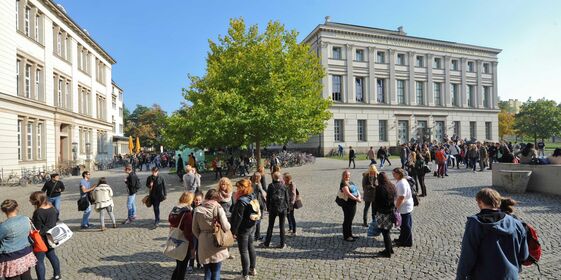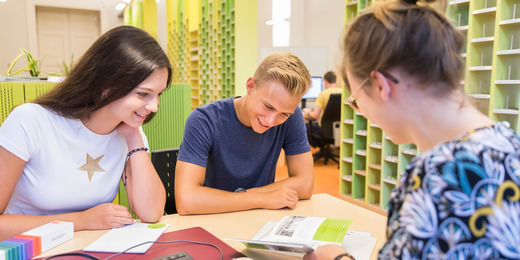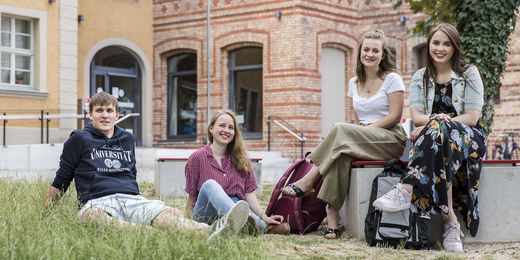Technische Universität Berlin
- Promotionsrecht: Ja
- Trägerschaft: öffentlich-rechtlich
- 1879 gegründet
- 35.101 Studierende
Straße des 17. Juni 135
10623 Berlin
Tel: 030 314-23922
Fax: 030 314-23909
Hochschule im CHE-Ranking abschneiden.
Die Technische Universität Berlin gehört zu den Universitäten.
Ja, du kannst an der Technische Universität Berlin promovieren.
Die Technische Universität Berlin ist eine öffentlich-rechtliche Hochschule. Es gibt staatliche und staatlich anerkannte Hochschulen, die meist in Universitäten, Fachhochschulen (international: University of Applied Sciences) und Kunst- sowie Musikhochschulen unterteilt werden. Der überwiegende Teil der Hochschulen wird vom Staat finanziert und befindet sich daher in staatlicher Trägerschaft. Dort fallen in der Regel nur geringe Semesterbeiträge an. An den privaten Hochschulen hingegen, die sich über private Trägerschaften finanzieren, können wesentlich höhere Studiengebühren anfallen. Einen Weg, die finanziellen Hürden dieser Hochschulen zu umgehen, können Stipendien darstellen.
Es gibt außerdem Hochschulen, die von der protestantischen oder katholischen Kirche betrieben werden.
Die Technische Universität Berlin wurde im Jahr 1879 gegründet.
Insgesamt gibt es 35101 Studierende an der Technische Universität Berlin.
Standort dieser Hochschule ist Berlin.
Hier findest du die Fristen und Termine für deine Bewerbung:
- Vorlesungszeit:
-
14.10.2024 - 15.02.2025
- Studienanfänger:
-
01.06.2024 - 31.08.2024
- Hochschulwechsler:
-
01.06.2024 - 31.08.2024Informieren Sie sich bitte hier zum Hochschulwechsel:
Bachelor mit NC- https://www.tu.berlin/go2393/
Bachelor ohne NC - https://www.tu.berlin/go2906/
- International Studierende aus der Europäischen Union:
-
01.06.2024 - 31.08.2024
- International Studierende aus Staaten, die nicht Mitglied der EU sind:
-
01.05.2024 - 31.08.2024
- Studienanfänger:
-
01.06.2024 - 15.07.2024
- Hochschulwechsler:
-
01.06.2024 - 15.07.2024Informieren Sie sich bitte hier zum Hochschulwechsel:
Bachelor mit NC- https://www.tu.berlin/go2393/
Bachelor ohne NC - https://www.tu.berlin/go2906/
- International Studierende aus der Europäischen Union:
-
01.06.2024 - 15.07.2024
- International Studierende aus Staaten, die nicht Mitglied der EU sind:
-
01.05.2024 - 15.07.2024
- Studienanfänger:
-
01.06.2024 - 31.08.2024Achtung! Im Master zum Teil abweichende (und deutlich frühere!) Bewerbungsfristen. Bitte informieren Sie sich unter: https://www.tu.berlin/go167
- Hochschulwechsler:
-
01.06.2024 - 31.08.2024Informieren Sie sich bitte hier zum Hochschulwechsel:
Master - https://www.tu.berlin/go2981/
- International Studierende aus der Europäischen Union:
-
01.06.2024 - 31.08.2024Achtung! Im Master zum Teil abweichende (und deutlich frühere!) Bewerbungsfristen.
Bitte informieren Sie sich unter: https://www.tu.berlin/go167
- International Studierende aus Staaten, die nicht Mitglied der EU sind:
-
01.06.2024 - 31.08.2024Achtung! Im Master zum Teil abweichende (und deutlich frühere!) Bewerbungsfristen. Bitte informieren Sie sich unter:
https://www.tu.berlin/go167
- Studienanfänger:
-
01.04.2024 - 15.06.2024Achtung! Im Master zum Teil abweichende (und deutlich frühere!) Bewerbungsfristen. Bitte informieren Sie sich unter: https://www.tu.berlin/go167
- Hochschulwechsler:
-
01.04.2024 - 15.06.2024Achtung! Im Master zum Teil abweichende (und deutlich frühere!) Bewerbungsfristen. Bitte informieren Sie sich unter: https://www.tu.berlin/go167
Informieren Sie sich bitte hier zum Hochschulwechsel: Master - https://www.tu.berlin/go2981/
- International Studierende aus der Europäischen Union:
-
01.04.2024 - 15.06.2024Achtung! Im Master zum Teil abweichende (und deutlich frühere!) Bewerbungsfristen. Bitte informieren Sie sich unter: https://www.tu.berlin/go167
- International Studierende aus Staaten, die nicht Mitglied der EU sind:
-
01.04.2024 - 15.06.2024Achtung! Im Master zum Teil abweichende (und deutlich frühere!) Bewerbungsfristen. Bitte informieren Sie sich unter: https://www.tu.berlin/go167
- Vorlesungszeit:
-
15.04.2024 - 20.07.2024
- Studienanfänger:
-
Die Frist ist abgelaufen
- Hochschulwechsler:
-
Die Frist ist abgelaufen
- International Studierende aus der Europäischen Union:
-
Die Frist ist abgelaufen
- International Studierende aus Staaten, die nicht Mitglied der EU sind:
-
Die Frist ist abgelaufen
- Studienanfänger:
-
Die Frist ist abgelaufen
- Hochschulwechsler:
-
Die Frist ist abgelaufen
- International Studierende aus der Europäischen Union:
-
Die Frist ist abgelaufen
- International Studierende aus Staaten, die nicht Mitglied der EU sind:
-
Die Frist ist abgelaufen
- Studienanfänger:
-
Die Frist ist abgelaufen
- Hochschulwechsler:
-
Die Frist ist abgelaufen
- International Studierende aus der Europäischen Union:
-
Die Frist ist abgelaufen
- International Studierende aus Staaten, die nicht Mitglied der EU sind:
-
Die Frist ist abgelaufen
- Studienanfänger:
-
Die Frist ist abgelaufen
- Hochschulwechsler:
-
Die Frist ist abgelaufen
- International Studierende aus der Europäischen Union:
-
Die Frist ist abgelaufen
- International Studierende aus Staaten, die nicht Mitglied der EU sind:
-
Die Frist ist abgelaufen
- Vorlesungszeit:
-
14.10.2024 - 15.02.2025
- Studienanfänger:
-
01.06.2024 - 31.08.2024
- Hochschulwechsler:
-
01.06.2024 - 31.08.2024Informieren Sie sich bitte hier zum Hochschulwechsel:
Bachelor mit NC- https://www.tu.berlin/go2393/
Bachelor ohne NC - https://www.tu.berlin/go2906/
- International Studierende aus der Europäischen Union:
-
01.06.2024 - 31.08.2024
- International Studierende aus Staaten, die nicht Mitglied der EU sind:
-
01.05.2024 - 31.08.2024
- Studienanfänger:
-
01.06.2024 - 15.07.2024
- Hochschulwechsler:
-
01.06.2024 - 15.07.2024Informieren Sie sich bitte hier zum Hochschulwechsel:
Bachelor mit NC- https://www.tu.berlin/go2393/
Bachelor ohne NC - https://www.tu.berlin/go2906/
- International Studierende aus der Europäischen Union:
-
01.06.2024 - 15.07.2024
- International Studierende aus Staaten, die nicht Mitglied der EU sind:
-
01.05.2024 - 15.07.2024
- Studienanfänger:
-
01.06.2024 - 31.08.2024Achtung! Im Master zum Teil abweichende (und deutlich frühere!) Bewerbungsfristen. Bitte informieren Sie sich unter: https://www.tu.berlin/go167
- Hochschulwechsler:
-
01.06.2024 - 31.08.2024Informieren Sie sich bitte hier zum Hochschulwechsel:
Master - https://www.tu.berlin/go2981/
- International Studierende aus der Europäischen Union:
-
01.06.2024 - 31.08.2024Achtung! Im Master zum Teil abweichende (und deutlich frühere!) Bewerbungsfristen.
Bitte informieren Sie sich unter: https://www.tu.berlin/go167
- International Studierende aus Staaten, die nicht Mitglied der EU sind:
-
01.06.2024 - 31.08.2024Achtung! Im Master zum Teil abweichende (und deutlich frühere!) Bewerbungsfristen. Bitte informieren Sie sich unter:
https://www.tu.berlin/go167
- Studienanfänger:
-
01.04.2024 - 15.06.2024Achtung! Im Master zum Teil abweichende (und deutlich frühere!) Bewerbungsfristen. Bitte informieren Sie sich unter: https://www.tu.berlin/go167
- Hochschulwechsler:
-
01.04.2024 - 15.06.2024Achtung! Im Master zum Teil abweichende (und deutlich frühere!) Bewerbungsfristen. Bitte informieren Sie sich unter: https://www.tu.berlin/go167
Informieren Sie sich bitte hier zum Hochschulwechsel: Master - https://www.tu.berlin/go2981/
- International Studierende aus der Europäischen Union:
-
01.04.2024 - 15.06.2024Achtung! Im Master zum Teil abweichende (und deutlich frühere!) Bewerbungsfristen. Bitte informieren Sie sich unter: https://www.tu.berlin/go167
- International Studierende aus Staaten, die nicht Mitglied der EU sind:
-
01.04.2024 - 15.06.2024Achtung! Im Master zum Teil abweichende (und deutlich frühere!) Bewerbungsfristen. Bitte informieren Sie sich unter: https://www.tu.berlin/go167
- Vorlesungszeit:
-
15.04.2024 - 20.07.2024
- Studienanfänger:
-
Die Frist ist abgelaufen
- Hochschulwechsler:
-
Die Frist ist abgelaufen
- International Studierende aus der Europäischen Union:
-
Die Frist ist abgelaufen
- International Studierende aus Staaten, die nicht Mitglied der EU sind:
-
Die Frist ist abgelaufen
- Studienanfänger:
-
Die Frist ist abgelaufen
- Hochschulwechsler:
-
Die Frist ist abgelaufen
- International Studierende aus der Europäischen Union:
-
Die Frist ist abgelaufen
- International Studierende aus Staaten, die nicht Mitglied der EU sind:
-
Die Frist ist abgelaufen
- Studienanfänger:
-
Die Frist ist abgelaufen
- Hochschulwechsler:
-
Die Frist ist abgelaufen
- International Studierende aus der Europäischen Union:
-
Die Frist ist abgelaufen
- International Studierende aus Staaten, die nicht Mitglied der EU sind:
-
Die Frist ist abgelaufen
- Studienanfänger:
-
Die Frist ist abgelaufen
- Hochschulwechsler:
-
Die Frist ist abgelaufen
- International Studierende aus der Europäischen Union:
-
Die Frist ist abgelaufen
- International Studierende aus Staaten, die nicht Mitglied der EU sind:
-
Die Frist ist abgelaufen


